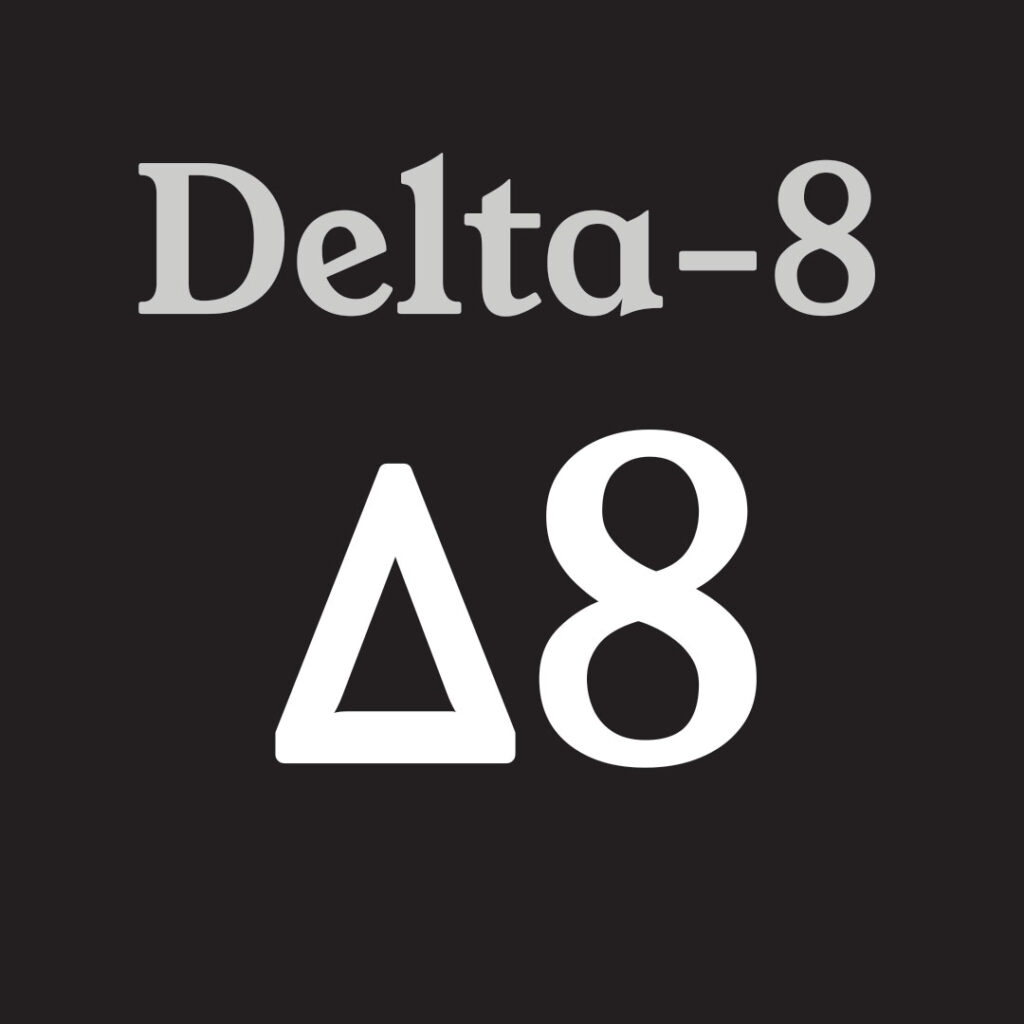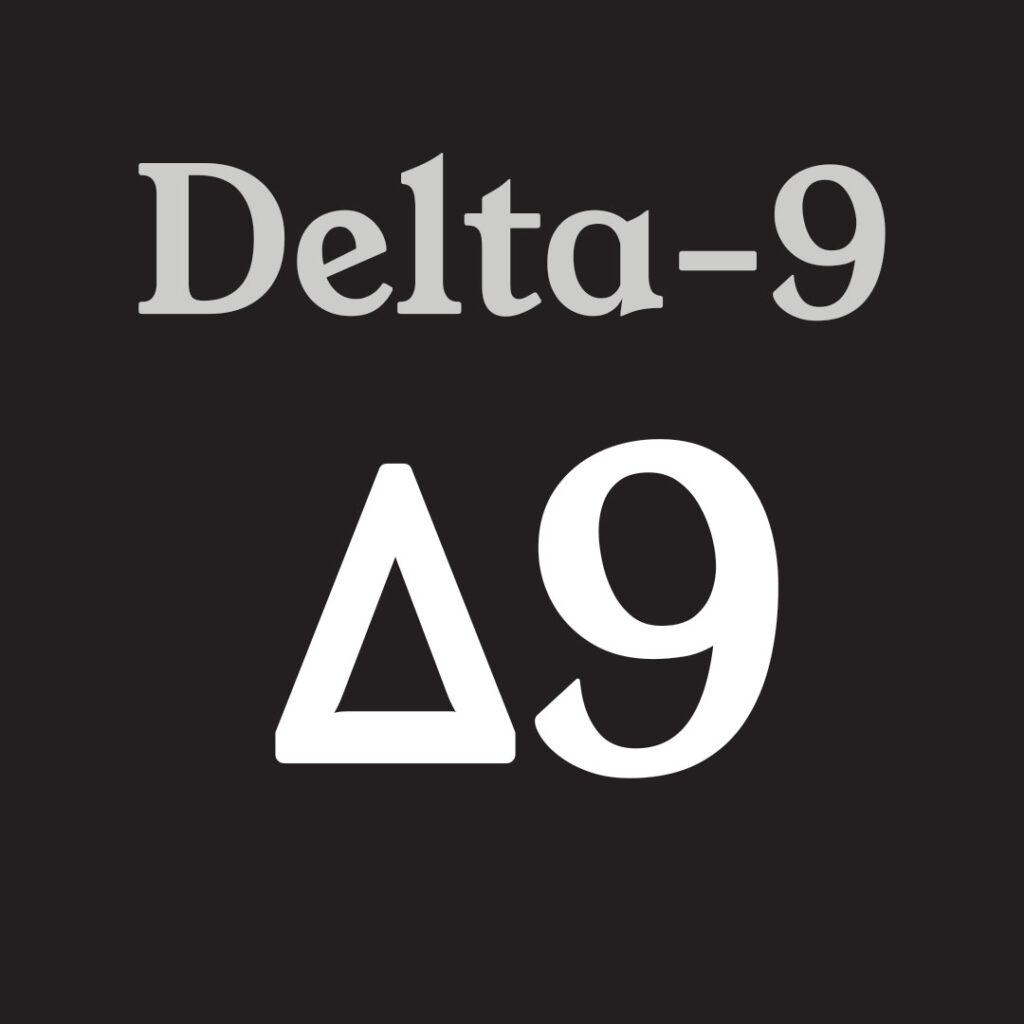Delta-8, Delta-9, and Delta-10 THC: What’s the Difference?
As interest in cannabis and hemp-derived products grows, terms like Delta-8, Delta-9, and Delta-10 THC are becoming more common. While all three compounds are forms of tetrahydrocannabinol (THC), they differ in their chemical structure, effects, and legal status. Understanding these differences can help you make informed choices when selecting cannabis products.
What Is THC?
THC, or tetrahydrocannabinol, is a cannabinoid found in cannabis plants. It’s best known for its psychoactive effects—the “high” commonly associated with marijuana. Different forms of THC, such as Delta-8, Delta-9, and Delta-10, vary slightly in their chemical composition, leading to different effects and uses.
Delta-8 THC

What Is It?
Delta-8 THC is a minor cannabinoid naturally present in small amounts in hemp and cannabis plants. It’s typically extracted and concentrated for commercial use.
Effects
- Mild Psychoactive High: Delta-8 provides a milder high compared to Delta-9, often described as more calming and less anxiety-inducing.
- Potential Benefits: Users report relief from pain, nausea, and anxiety, with a smoother overall experience.
Legal Status
Under the 2018 Farm Bill, hemp-derived Delta-8 THC is federally legal in the U.S., provided it contains less than 0.3% Delta-9 THC. However, some states have restricted or banned Delta-8 due to its psychoactive properties.
Delta-9 THC

What Is It?
Delta-9 THC is the most well-known and abundant form of THC found in cannabis. It’s the primary compound responsible for the plant’s psychoactive effects.
Effects
- Intense Psychoactive High: Delta-9 produces a more potent high, which can range from euphoria to anxiety, depending on the dose and individual tolerance.
- Medical Uses: It’s widely used for pain relief, appetite stimulation, and reducing nausea, particularly in medical marijuana programs.
Legal Status
Delta-9 THC is federally illegal in the U.S., except for products derived from hemp that contain less than 0.3% Delta-9 THC by dry weight. Recreational or medical use is legal in some states.
Delta-10 THC

What Is It?
Delta-10 THC is another minor cannabinoid found in trace amounts in cannabis and hemp plants. Its production often involves advanced extraction and refinement techniques.
Effects
- Energizing and Uplifting: Delta-10 is often described as providing a milder high with a more uplifting and energizing effect, making it popular for daytime use.
- Potential Benefits: Users report enhanced focus and creativity, although research is still in its early stages.
Legal Status
Like Delta-8, Delta-10 derived from hemp is federally legal under the 2018 Farm Bill, but state laws may vary. Always check your local regulations before purchasing or using Delta-10 products.
Key Differences
Feature | Delta-8 THC | Delta-9 THC | Delta-10 THC |
Psychoactivity | Mild | Strong | Mild to Moderate |
Effects | Relaxing, Calming | Potent, Euphoria or Anxiety | Energizing, Uplifting |
Legal Status | Federally Legal (Hemp) | Federally Illegal (except Hemp) | Federally Legal (Hemp) |
Source | Hemp and Cannabis | Cannabis | Hemp and Cannabis |
Which One Is Right for You?
- Delta-8 THC: Ideal for those seeking relaxation without a heavy high. Great for beginners or those prone to anxiety.
- Delta-9 THC: Suitable for experienced users or those looking for strong effects, especially for medical purposes.
- Delta-10 THC: Perfect for daytime use, offering a subtle boost in energy and focus.
Closing Thoughts
Delta-8, Delta-9, and Delta-10 THC each offer unique effects and benefits, catering to different preferences and needs. Whether you’re looking for relaxation, euphoria, or an energy boost, understanding these differences can guide you to the right product. Always purchase from reputable sources and consult local laws to ensure compliance.
